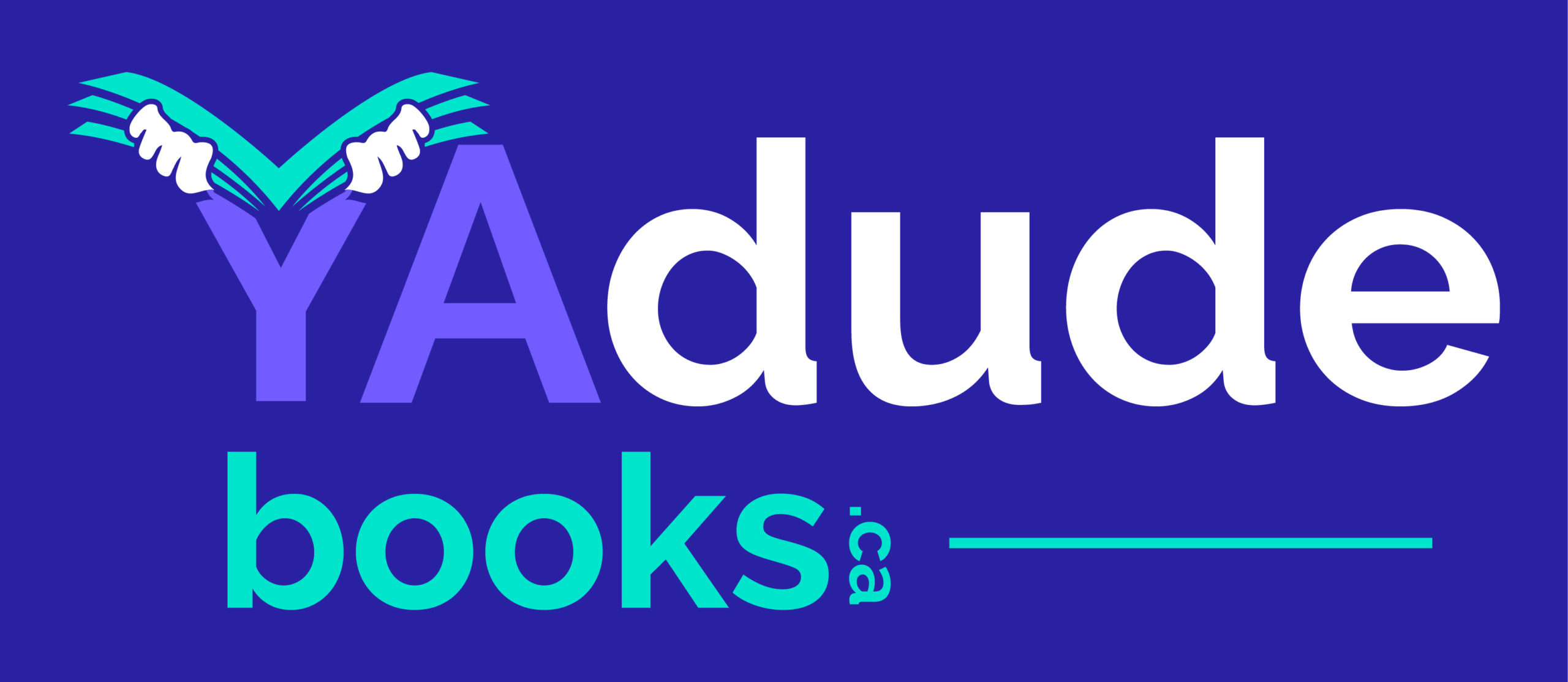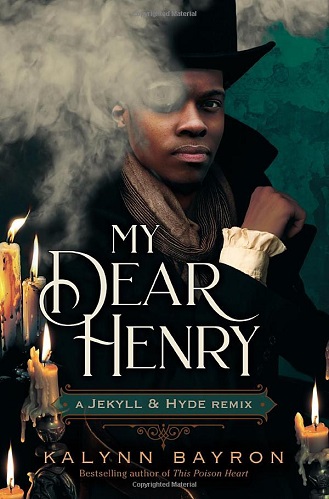In the Remixed Classics series, authors from marginalized backgrounds reinterpret classic works through their own cultural lens to subvert the overwhelming cishet, white and male canon. This gothic young-adult remix of Dr. Jekyll & Mr. Hyde subverts the cishet white perspective of the original, starring a Black queer teen searching for the reason behind his best friend’s disappearance and the arrival of a magnetic stranger. Set in London, 1885, it features Gabriel Utterson, a 17-year-old law clerk who discovers that monsters of all kinds prowl within the London fog―and not all of them are out for blood.
My Dear Henry by Kalynn Bayron is a hauntingly beautiful novel that explores themes of love, identity and acceptance in a society that was rigidly defined by gender and race. The novel is set in Victorian London, a time when being queer was considered a criminal offense, and being Black made you a target of violence and discrimination. Bayron weaves together a story that is both heart-wrenching and hopeful, as two young men, Gabriel and Henry, navigate their love for each other against the backdrop of a society that is hostile to their very existence.
One of the central themes is the idea of duality. Bayron draws on Robert Louis Stevenson’s Strange Case of Dr. Jekyll and Mr. Hyde to explore the idea that everyone has a hidden self, a darker side that is often subdued by societal norms. In My Dear Henry, this duality is represented by the characters of Gabriel and Henry, who are forced to live double lives in order to survive in a society that would reject them if their true selves were revealed. The theme of the consequences of scientific experimentation is seen through the disastrous effects of Dr. Jekyll’s experiments and the impact they have on people towards the end of the novel.
The characterization is well done, with each character fully developed. Gabriel, in particular, is a complex character, torn between his love for Henry and his fear of being exposed as a queer teen. Henry, too, is a well-drawn character, with his own fears and desires, and his own secrets that he must keep hidden in order to survive. The supporting characters, such as Lanyon and Dr. Jekyll, are also well-drawn and add depth to the story.
Bayron’s writing style is both engaging and thought-provoking, with the novel addressing important issues of race, sexuality and identity. She does not shy away from depicting the violence and discrimination that queer Black men faced during this time period, while also offering a glimmer of hope through the relationship between Gabriel and Henry, and the one between Gabriel and Lanyon. The use of letters between Gabriel and Henry adds another layer of complexity to the structure, as the reader is able to see their relationship develop over time. I particularly love how Bayron uses Lanyon’s letter to let out the big secret at the end.
I would highly recommend this novel to teen readers who enjoy historical fiction, science fiction, LGBTQ+ romance and stories that explore the duality of human nature.
-Weldon Ngetich


